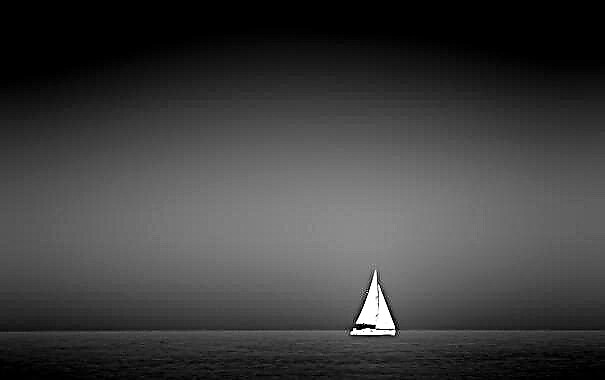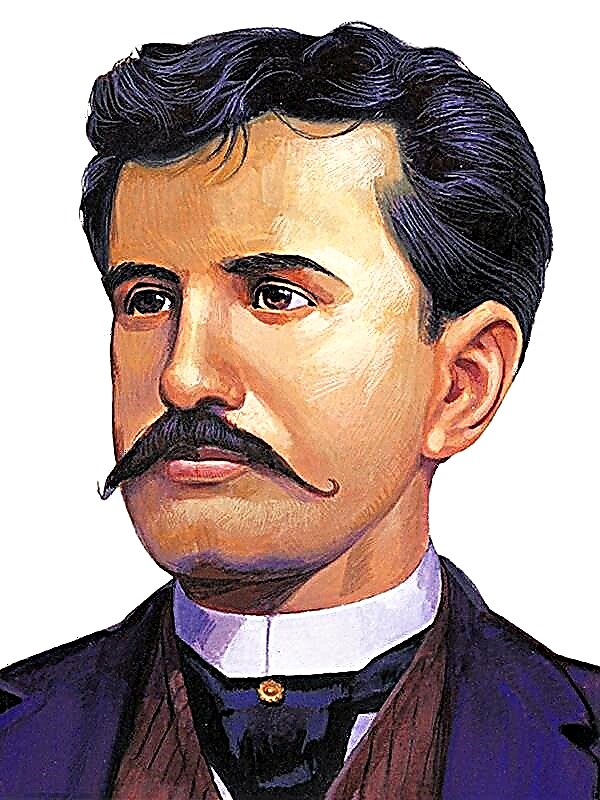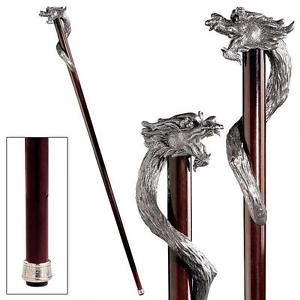“Kochubey is rich and glorious, / His meadows are boundless,” he owns many treasures, but the main wealth of Kochubey is his daughter Maria, whose equal is not in all of Poltava. Maria is famous not only for her beauty, but everyone knows her meek disposition. Many grooms are wooed by her, but Mary's heart is inaccessible. And then hetman Mazepa himself sends matchmakers after her. The hetman is already old, but it is full of feelings, not changeable feelings of youth, but an even heat that does not cool down until his death.
Maria’s parents are indignant, they are outraged by the old man’s behavior, because Maria is the godmother of the hetman. Mother of Mary says that Mazepa is ungodly, that there can be no talk of marriage. Hearing this is all, Mary falls without feelings. For two days Mary cannot recover, and on the third day disappears. No one noticed how she was hiding, only one fisherman heard horse pounding at night, and in the morning “a trace of the horseshoe axes / Was visible in the dew of meadows”.
Soon the terrible news came to Kochubey that his daughter was running to Mazepa. Only now did the old people understand the reason for the emotional turmoil of their daughter. And Kochubey conceived a plan for revenge on the hetman.
“There was a time of troubles, / When Russia is young, / In straining forces of struggle, / Husband with the genius of Peter.” In the fight against the Swedish king Charles XII, Russia gained strength. Ukraine was worried, there were many supporters of ancient liberties who demanded that the hetman break off the agreement with Russia and become Karl’s ally, but Mazepa “seemed not to heed” and “remained / Obedient subject of Peter”.
Young people murmured at the hetman, dreaming, united with Karl, “to burst <...> with war / At the hated Moscow!”. But no one knew the secret plans of the insidious and vengeful Mazepa. For a long time he has hatched a plan of treason, without revealing it to anyone, but the insulted Kochubey comprehended his secret thoughts and decided to avenge his insult at home by revealing to Peter the plans of the traitor. Once Kochubey and Mazepa were friends and trusted each other their feelings, then he opened up his plans for Mazepa, but now there is an insult between them that Kochubey cannot forgive. The spirit of revenge is also supported by his wife. Now we need only a reliable person, ready, without shyness, to put at the feet of Peter the denunciation of Kochubey to the hetman.
Such a man was found among the Poltava Cossacks, once rejected by Mary, but still loving her even in her shame and hating her seducer. He embarks on a journey with Kochubey’s denounced sewn hat on a traitor-hetman. Mazepa, unaware of the terrible danger, weaves political intrigue, negotiating with the Jesuit envoy, outraging the Cossacks on the Don, raising the Crimea, Poland and Turkey against Moscow. And in the midst of these treacherous concerns, the Russian nobles sent him a denunciation on him, written in Poltava and left unattended by Peter. Justifying himself before Peter and convincing him of his loyalty, Mazepa demands the execution of scammers, the execution of his beloved father, "... but the daughter of the father’s father will not redeem the love." Mary selflessly loves Mazepa and despises rumors. Only sometimes does sadness take hold of her when she thinks of her parents. But she still does not know what all of Ukraine already knows, a terrible secret is hidden from her.
Mazepa is gloomy, and "his mind / Confused by cruel dreams." Even Maria’s caresses are not able to dispel his terrible thoughts, he remains cold to them. The insulted Mary rebukes him, saying that for the sake of him she ruined her own happiness, disgraced herself. Mazepa tries to reassure Mary with words of love, but she accuses him of cunning and pretense. She is even jealous of a certain Dulskaya. Mary wants to know the cause of Mazepina’s coldness. And Mazepa reveals to her her plans for an uprising of Ukraine against the rule of Moscow. Mary is delighted and longs to see her lover with a royal crown on her head.She will remain faithful to him and in misfortune, and even go with him to the chopping block. And Mazepa puts Mary to a terrible test: he asks who is more dear to her - father or spouse? He tries to force her to an unequivocal answer, confronts her with a terrible choice: whose death she prefers if she is destined to choose whom to send for execution. And the welcome response has been received.
"Quiet Ukrainian night." In the old castle in the Bila Tserkva, Kochubey, sealed in a tower, sits in a tower and waits for the execution, which he is not afraid of - he is oppressed by shame, loss of honor. He was given by the king to reproach the enemy, not having the opportunity to bequeath to anyone the revenge of the offender. The door of his dungeon opens, and the bloodthirsty Orlik enters. Mazepa knows that Kochubey hid the treasures, and Orlik came to find out where they are hidden. Kochubey replies that his treasures were his honor, the honor of his daughter, but these treasures were taken away by torture and Mazepa, and the third treasure - holy revenge - he is preparing to tear down to God, Orlik is asking where the money is hidden, but to no avail, and Kochubey hands the executioner.
Maria, fondled by Mazepa, still does not know about the terrible fate of her father, and Mazepa shudders at the thought of what will happen to her when everything opens. He repents that he seduced her, that he tried to harness "a horse and a trembling doe" in one cart. Leaving Marie sitting in ignorance, tormented by doubts, Mazepa leaves the palace.
At dawn, in the peace where Mary was sleeping, her mother crept in and revealed terrible news to her daughter. Mother cannot believe that her daughter does not know anything; she asks Mary to fall at Mazepa's feet and beg him to spare her father. Unable to endure mental anguish, Mary loses her senses.
A huge crowd gathered at the place of execution. The convicts Kochubey and Spark were brought in a cart. Martyrs ascend to the chopping block, the executioner chopping their heads and holding the forelocks, shows the crowd. When the place of execution was already empty, two women came running, but, alas, they were late.
Returning home after a terrible execution, Mazepa finds Mary's luminary empty. He sends the Cossacks in search, but all in vain: no one has ever seen Mary.
Sorrow does not prevent the hetman from pursuing his political plans. Continuing relations with the Swedish king, Mazepa pretends to be terminally ill, but promptly rises from his deathbed when Karl transfers military operations to Ukraine. Now Mazepa leads the regiments against Peter. Peter himself leads the squads to Poltava, and now the two armies stood against each other, ready for the morning battle. On the night before the battle, Mazepa talks with Orlik and talks about his disappointment in Karl, who does not seem to him to be a statesman who can compete with the autocratic giant. Orlik replies that it is not too late to go over to the side of Peter, but Mazepa rejects this proposal and reveals the reason for his hatred of the Russian Tsar. Once at a feast in response to a boldly spoken word, Peter grabbed Mazepa by the mustache. For this insult, he vowed to avenge Peter Mazepa.
In the morning, the Poltava battle begins, in which military happiness serves the Russian troops. Inspired by the appearance of Peter, the Russian regiments are crowding the Swedes. Mazepa silently watches the battle, and suddenly a shot is fired behind him. It was Voinarovsky who defeated a young Cossack rushing with a saber to Mazepa, who, while dying, whispered the name of Mary.
The battle is over, Peter feasts in his tent “and lifts up his teachers / Cup of Health”, but there are no Karl and Mazepa among the feasts. They ride on horseback, fleeing persecution. Suddenly a farmstead, past which the fugitives rush, scares Mazepa: he recognizes the place where he once feasted and from where he led Mary out into the steppe on a dark night. The fugitives spend the night in the steppe on the banks of the Dnieper, when suddenly someone calls Mazepa in the silence of the night. He opens his eyes and sees Mary. She is in rags, with her hair loose, sparkling sunken eyes. Mary lost her mind. She does not recognize Mazepa, says that it is someone else, and is hiding in the night darkness. In the morning, Karl and Mazepa ride on.
One hundred years passed, and only Peter remained in history, but not even a memory of Mazepa and Mary remained.

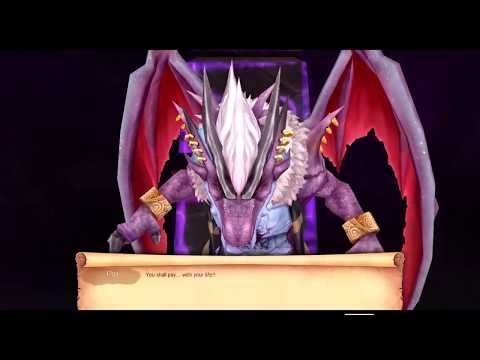
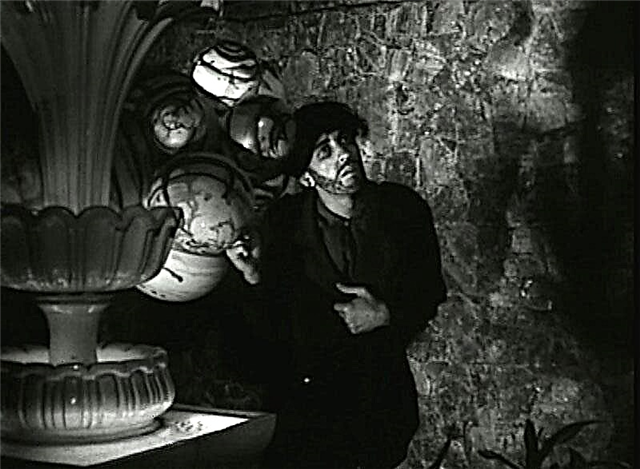
 Delivering happiness
Delivering happiness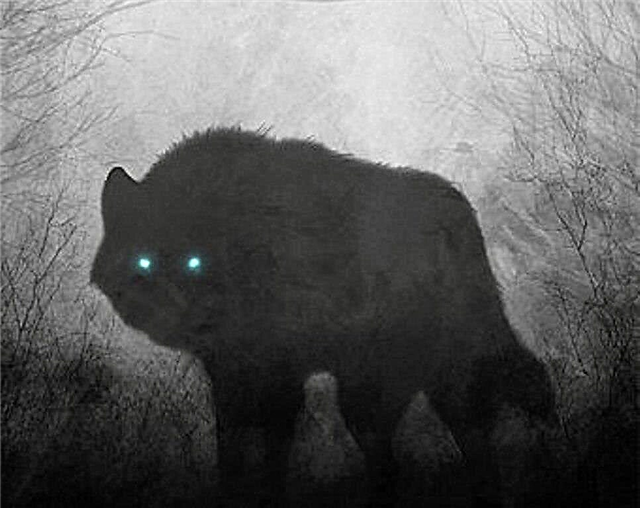
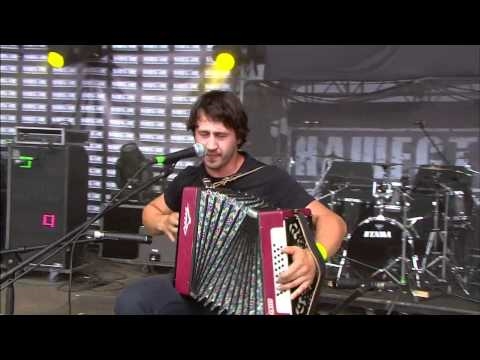
 Agathon
Agathon